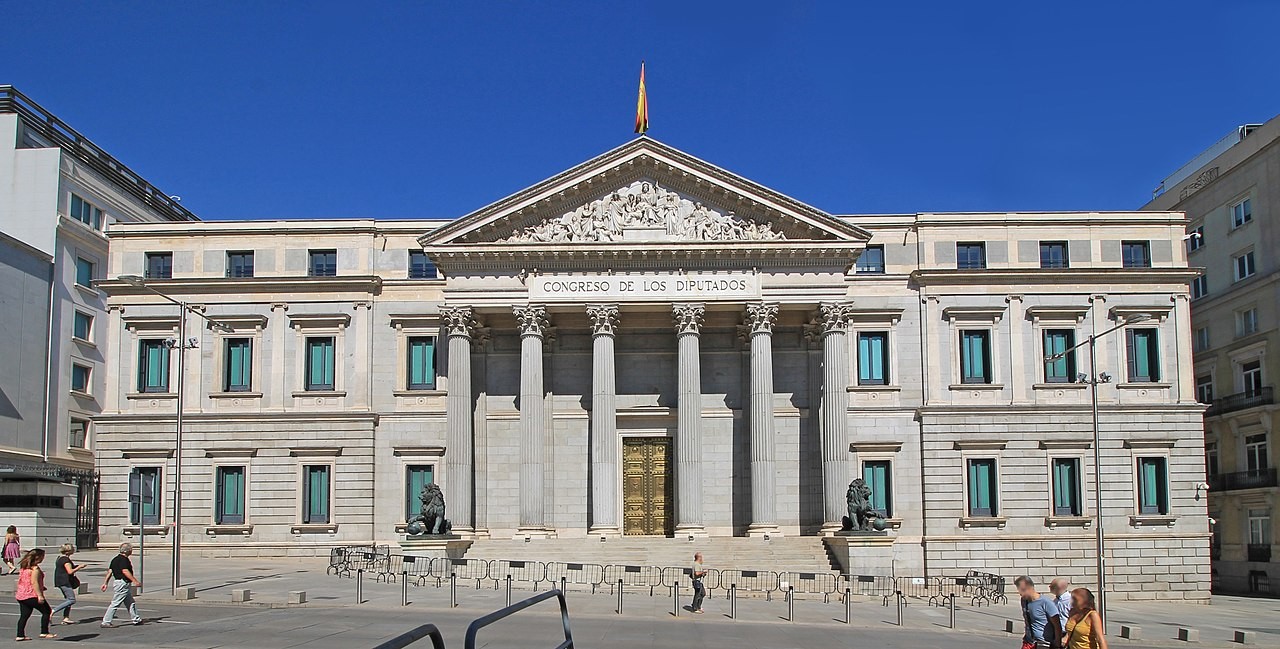Spain: Truly A Lay State?
Spain is in an anomalous position with regard to separating the state from the Catholic church.
State schools are all lay institutions and religion is taught only as an option. In my daughter’s school the majority of students opt for Valores Éticos (Ethical Values) instead. This is an interesting choice encompassing debates about racism, citizens rights and obligations, discussion of news topics etc.
Following on from my article about the decline in those who regard themselves as Christians (a fall from 92% brought up as Christians to 66% who remain Christians in adulthood) it is interesting to note that only roughly half of that percentage (35%) elect to tick the box on their annual tax return (la casilla de la iglesia) that diverts taxes to the Catholic church.
However, this diversion of funds deprives the state of approximately €250 millions annually, a figure that has not declined despite the crises of the past ten years. So, where does this money go to? Much of it pays the salaries of 22.000 priests who receive €12.600 p.a tax free together with their accommodation and associated costs such as electricity, water etc. and the salaries of 113 bishops and archbishops who receive €17.500 p.a. plus accommodation, a car and chauffeur.
These salaries account for roughly 70% of the diverted taxes, the rest is paid over to the various dioceses for other expenses. Although there is a tacit understanding between church and state that services for followers are provided free there are a vast array of additional services that the clergy charge for, whether directly or as chaplains to prisons, hospitals, brotherhoods, teachers of religion in schools or colleges etc.
This diversion through the ticking of the casilla de la iglesia is not the only way that the Catholic church receives government subsidies. Religious schools, hospitals and buildings are all subsidised or funded by the state. Much of this expenditure would be necessary even were these institutions in public hands. Nevertheless, a lay state is still paying for the promotion of a particular branch of one religion, which is surely anomalous.
This situation prevails even though a large proportion of the population now rejects the Catholic church for reasons of past sins related to sexual abuse, close association with the dictatorship of Francisco Franco or from a simple loss of faith.
Is it right, in a lay democracy, that such a significant chunk of the state’s tax revenues is still diverted to one of the wealthiest institutions on earth when essential social projects have been postponed or cancelled due to lack of funds? It seems to me that adherents of any religion should finance the needs of their institution through direct post-tax contributions. The state should not favour one religion over any other, no matter how deeply embedded within the society that religion used to be.



